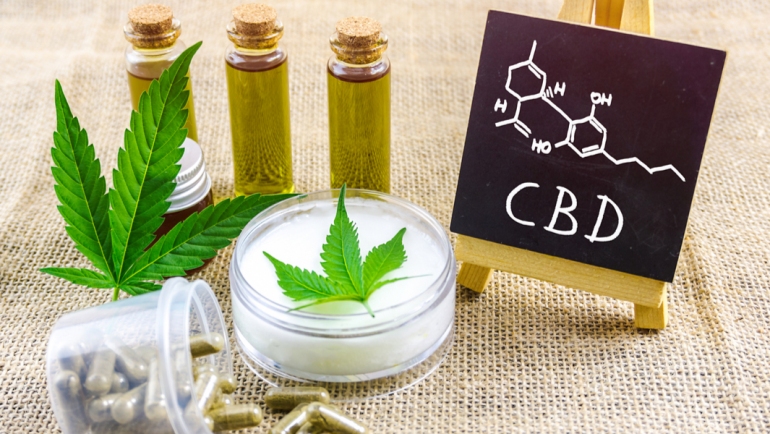How Does CBD Affect the Brain
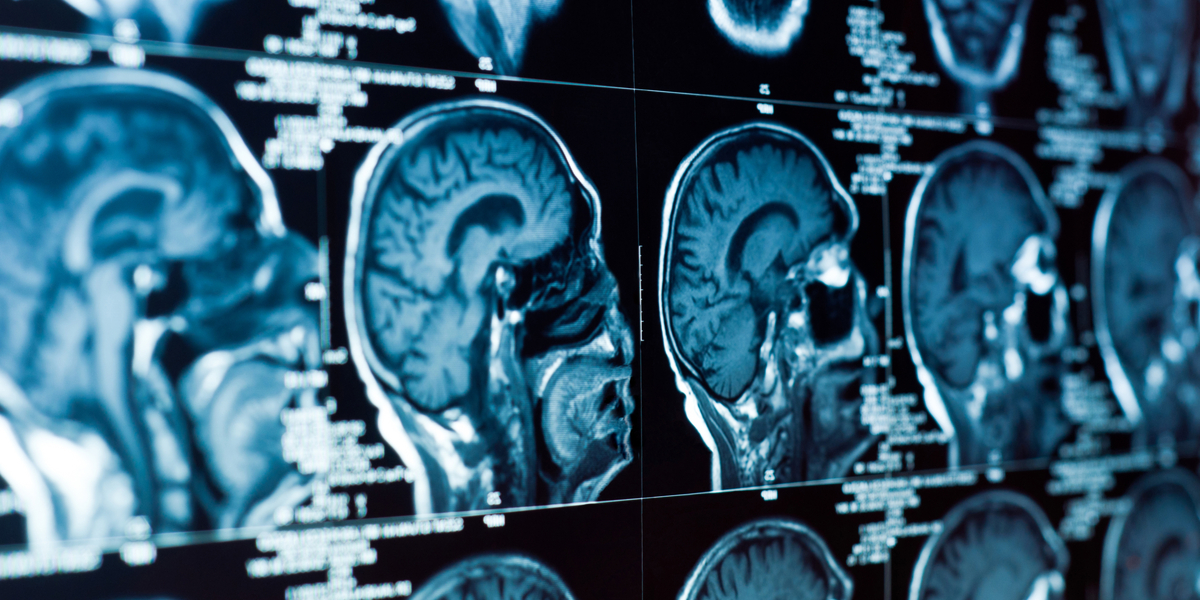
Cannabidiol is a new, trendy wellness product in the market. One of the most advertised CBD effects is this hemp compound’s potential to help users with anxiety or depression. But what exactly is the relationship between CBD and the brain?
This article looks over what researchers, hemp brands, and users are saying about how cannabidiol affects the brain.
What is Cannabidiol?
Cannabidiol, or CBD, is one of the many cannabinoids found in the cannabis sativa plant. Recently, this hemp compound’s popularity has skyrocketed in the United States.
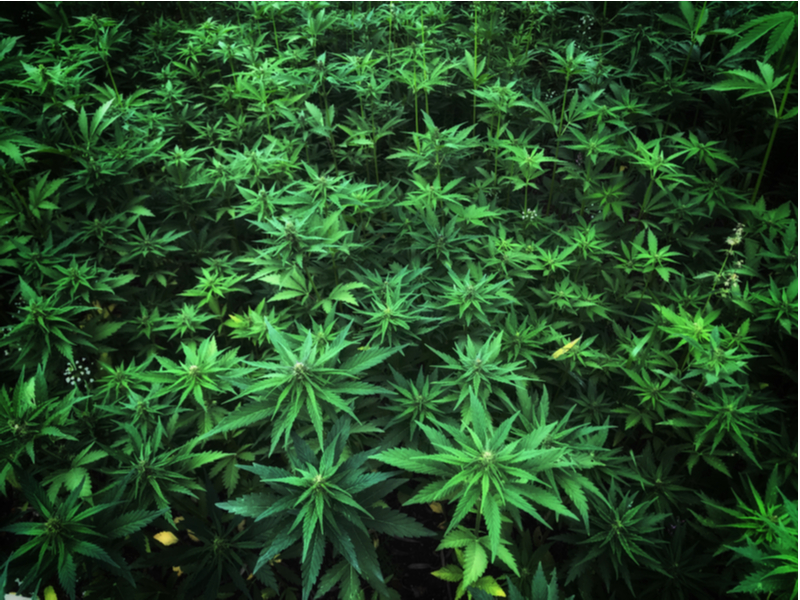
Consumers use the best CBD oil to target a host of different ailments. Many people use this compound to help relieve their chronic pain. Aside from its possible pain-reducing properties, cannabidiol has likewise been used to provide a sense of calm.
Its prevalence in the market may also be due to its non-psychoactive properties. No amount of CBD oil taken can lead consumers to feel any kind of “high.” This means that even if users need to take high doses of CBD, they do not need to worry about any psychoactive effects.
Often, many confuse this cannabis substance with its cousin compound THC. Tetrahydrocannabinol (THC) is the hemp compound responsible for marijuana’s infamous “high.”
Although some CBD products contain trace amounts of THC for added health benefits, this small amount cannot cause a high.
As more and more people turn to CBD and its effects to reduce pain or for other medical conditions, the need for extensive research to understand the full scope of this compound becomes more urgent, including clinical trials and human studies.
CBD and its Effects on the Brain
Once CBD has entered the bloodstream, it may interact with receptors and neurons in the brain. The effects of this meeting vary depending on the receptor that cannabidiol interacts with.
When CBD interacts with dopamine receptors, the body may produce more cannabinoids as a result. This leads to more regulated brain behavior and cognition.
Similarly, when it interacts with serotonin receptors, the stress levels in the brain may decrease to more stable numbers. Studies have shown that increased levels of stress may lead to depression and anxiety.
Researchers have also tested this substance as a potential aid for patients suffering from substance abuse. These studies have found that one possible CBD effect is this hemp compound’s ability to reduce drug cravings and help with certain withdrawal symptoms.
Moreover, the World Health Organization (WHO) stated that CBD itself poses no threat of dependence.
The body naturally produces its own cannabinoids, but taking cannabidiol as a supplement can keep the endocannabinoid system (ECS) regulated. If the ECS is healthy, key functions in the body can operate smoothly. This includes important brain functions, such as stress regulation and focus.
Does CBD Affect Memory?
There are three key ways that cannabidiol may be able to aid patients with dementia.
First, cannabidiol’s possible anti-inflammatory properties are useful to help swelling in the brain. Inflammation in the brain may increase Alzheimer’s negative impact. The brain’s inflammatory response occurs when immune cells fail to clear blockages that form. This is the core cause of Alzheimer’s disease.
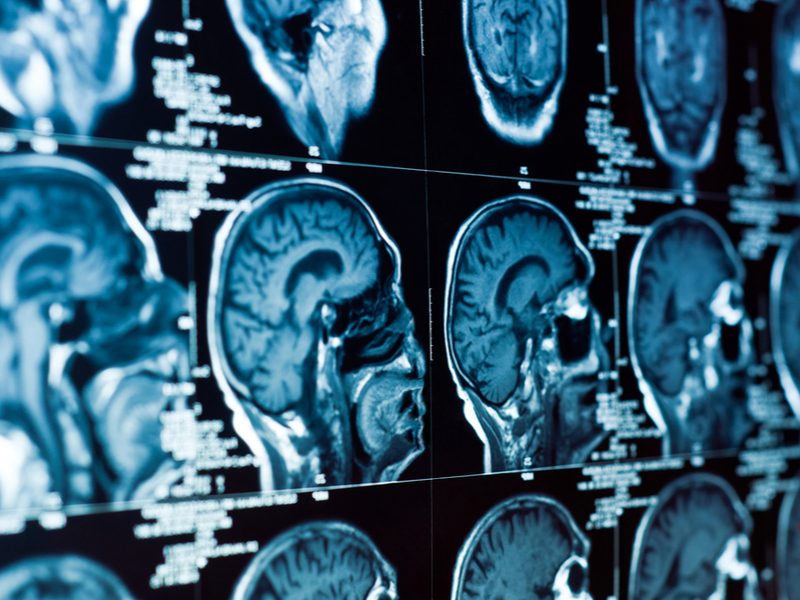
Secondly, when inflammation occurs in the brain, the levels of oxygen spike in response. Scientists have found that high levels of oxygen present in the brain may slow down memory functions.
Cannabidiol possesses antioxidant properties and may stabilize oxygen levels in dementia patients.
Finally, most dementia patients also suffer from brain cell decline. Cannabidiol may stimulate brain tissue, allowing for growth and development of losing brain cells. During the observation, doctors were able to see the rapid decline of brain cells that occur in the brains of Alzheimer’s patients.
We need more research before scientists can make any kind of conclusive claim on CBD effects. The Alzheimer’s Society has reported that their review of the research has shown that cannabidiol is more effective in combatting long-term symptoms of dementia rather than stopping the disease itself.
It is also important to mention that the Food and Drug Administration (FDA) has yet to approve any CBD product to help with memory loss. People should consult with their doctor before consuming any kind of cannabidiol product.
Does CBD Heal the Brain?
Given the lack of research in this field of study, it is difficult to say whether cannabidiol can “heal” the brain in any capacity.
However, a study has shown that this hemp compound could reduce symptoms of psychosis. This is a result of CBD “resetting” the activity in three key areas in the brain where psychosis is rooted in.
Psychosis is a symptom of other mental disorders, like schizophrenia. This symptom can also be triggered by trauma, substance abuse, extreme stress, and a lack of sufficient rest.
Research and Case Studies
A study on CBD effects on peoples suffering from psychosis showed some promising results. Scientists gave half of the participants 600 mg of CBD and the other half a placebo. These participants were then tasked with completing a memory activity that engages three of the brain areas that are linked to psychosis.
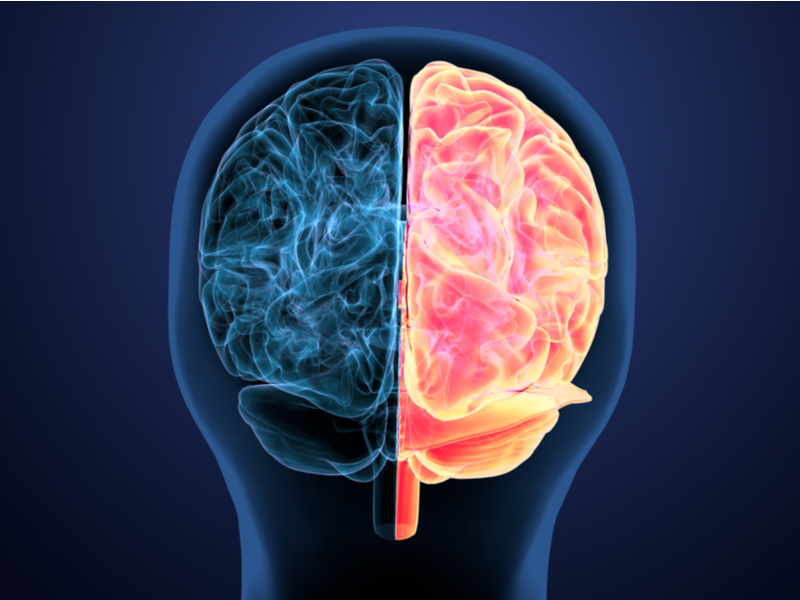
The results of the study showed the brain scans of the participants’ given cannabidiol had fewer abnormalities than their placebo counterparts.
A lot of the research projects conducted to study the effectivity of cannabidiol are similar to the study above. Preliminary research on this hemp compound shows promising results but does not lead to conclusive results.
Many of the health claims linked to this hemp compound are anecdotal and not grounded on tangible scientific evidence. Doctors caution users to consult with health professionals before taking any kind of cannabidiol product.
The hemp industry similarly suffers from a mislabeling and cross-contamination issue. Several brands do not accurately label their products or do not use proper production methods.
One way to avoid purchasing sub-par products is to buy from brands that third-party lab tests all of their products. These tests are able to provide users with the exact chemical break-down of the products they have purchased.
This allows users to know what they are consuming and what active ingredients are used to activate CBD effects in the product.
How to Use CBD for the Brain
Since the boom in the green market, there is a veritable ocean of CBD products available for customers to choose from. CBD’s effects vary depending on the method of consumption so users should choose their products wisely.
The most commonly used hemp product is CBD oil. This type of hemp product is categorized as a sublingual product. Consumers place their desired amount of CBD oil underneath the tongue, hold it there for a minute or so before swallowing.
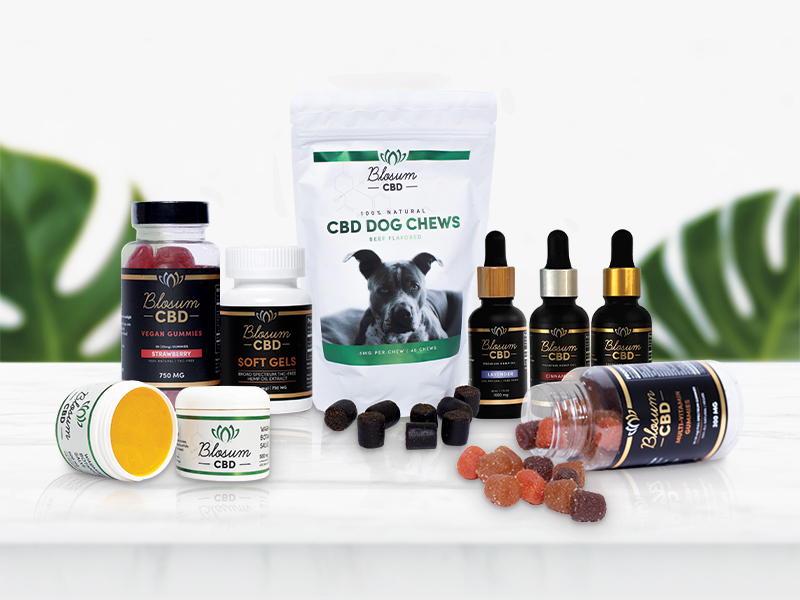
The sublingual glands underneath the tongue absorb the cannabidiol allowing the hemp to enter the bloodstream quickly.
CBD oil has a high bioavailability because it can enter the bloodstream so quickly. The bioavailability score of a product shows how much hemp enters the bloodstream. Theoretically, the more hemp in the blood, the more CBD’s effects are apparent to the user.
Edible and topical CBD products have lower bioavailability scores because they have to pass through organs or layers of skin before reaching the bloodstream. However, these products have specific uses that make them preferable to some users.
When purchasing their hemp products, consumers should take care to buy the products that can seamlessly fit into their lifestyle and best fits their needs.
Is CBD Legal? Hemp-derived CBD products (with less than 0.3 percent THC) are legal on the federal level. Moreover, these statements have not been evaluated by the Food and Drug Administration. This product is not intended to diagnose, treat, cure, or prevent any disease and products that have not been FDA approved. Likewise, you must be at least 21 years old to purchase these products. Talk to your physician or medical doctor for additional information.


